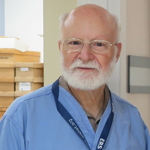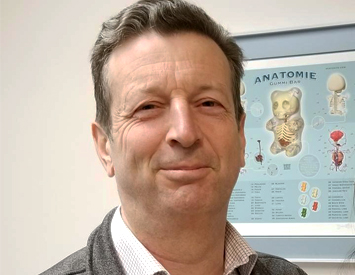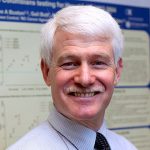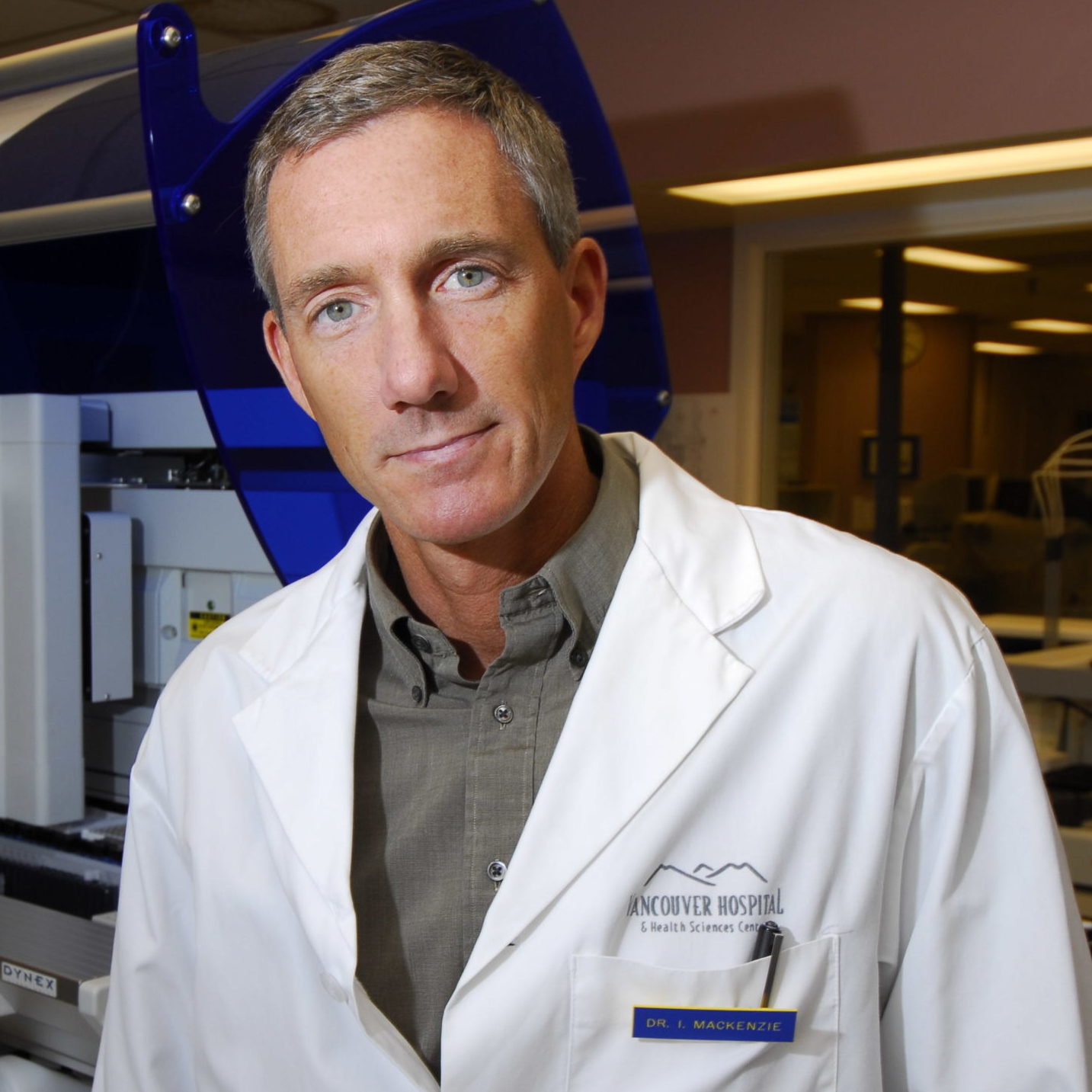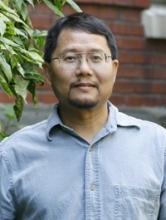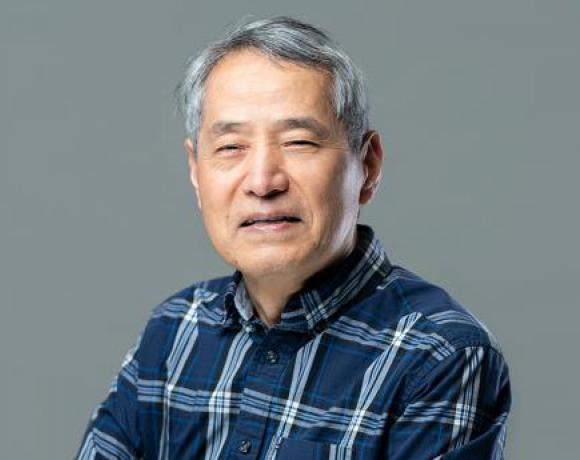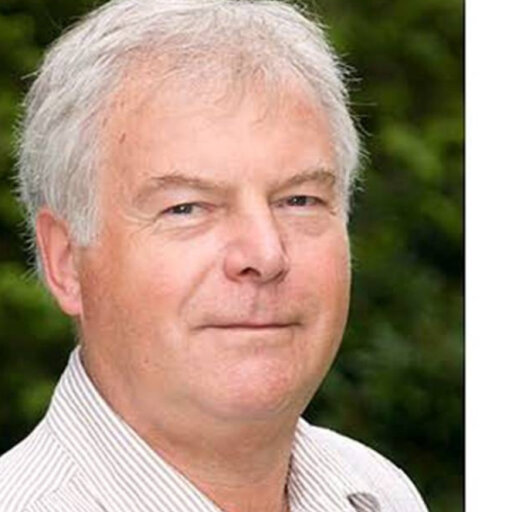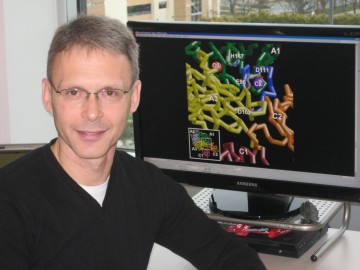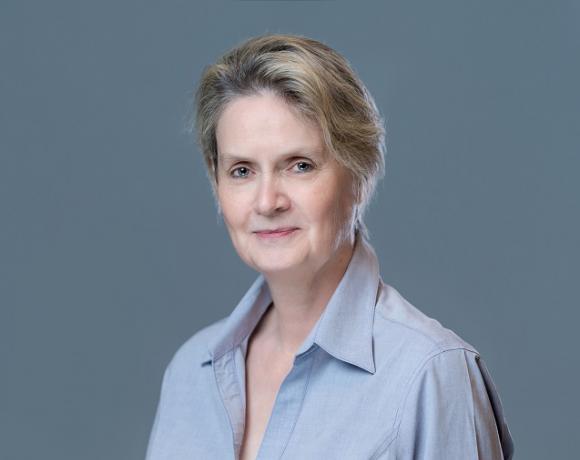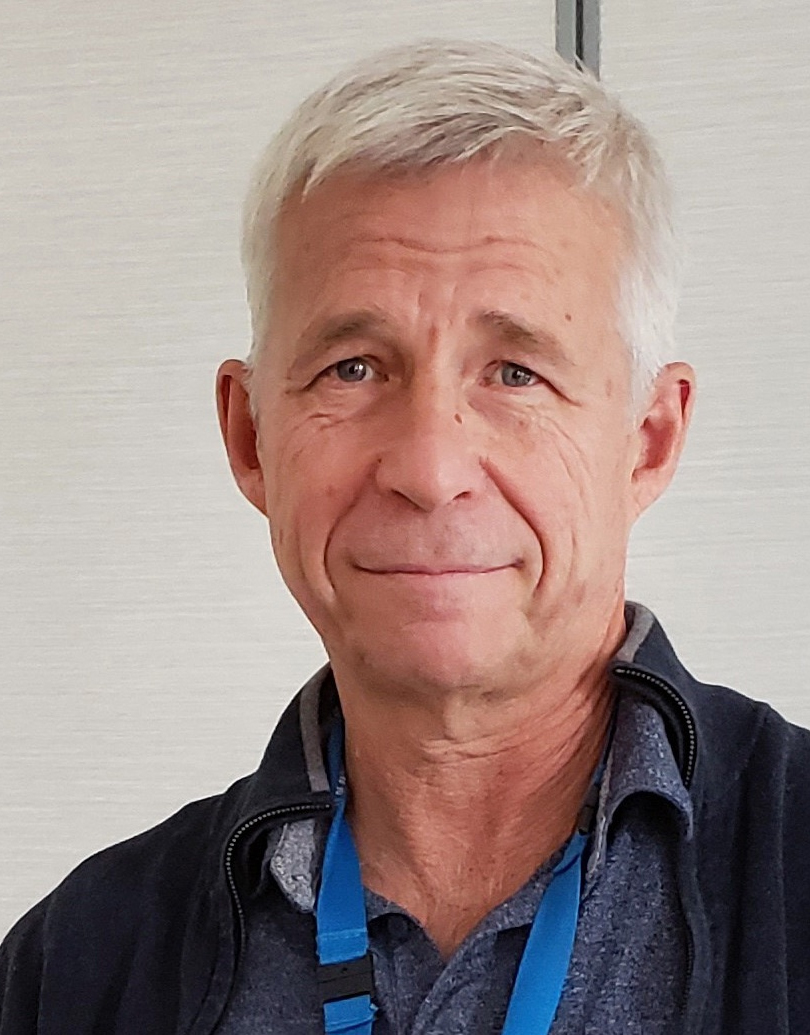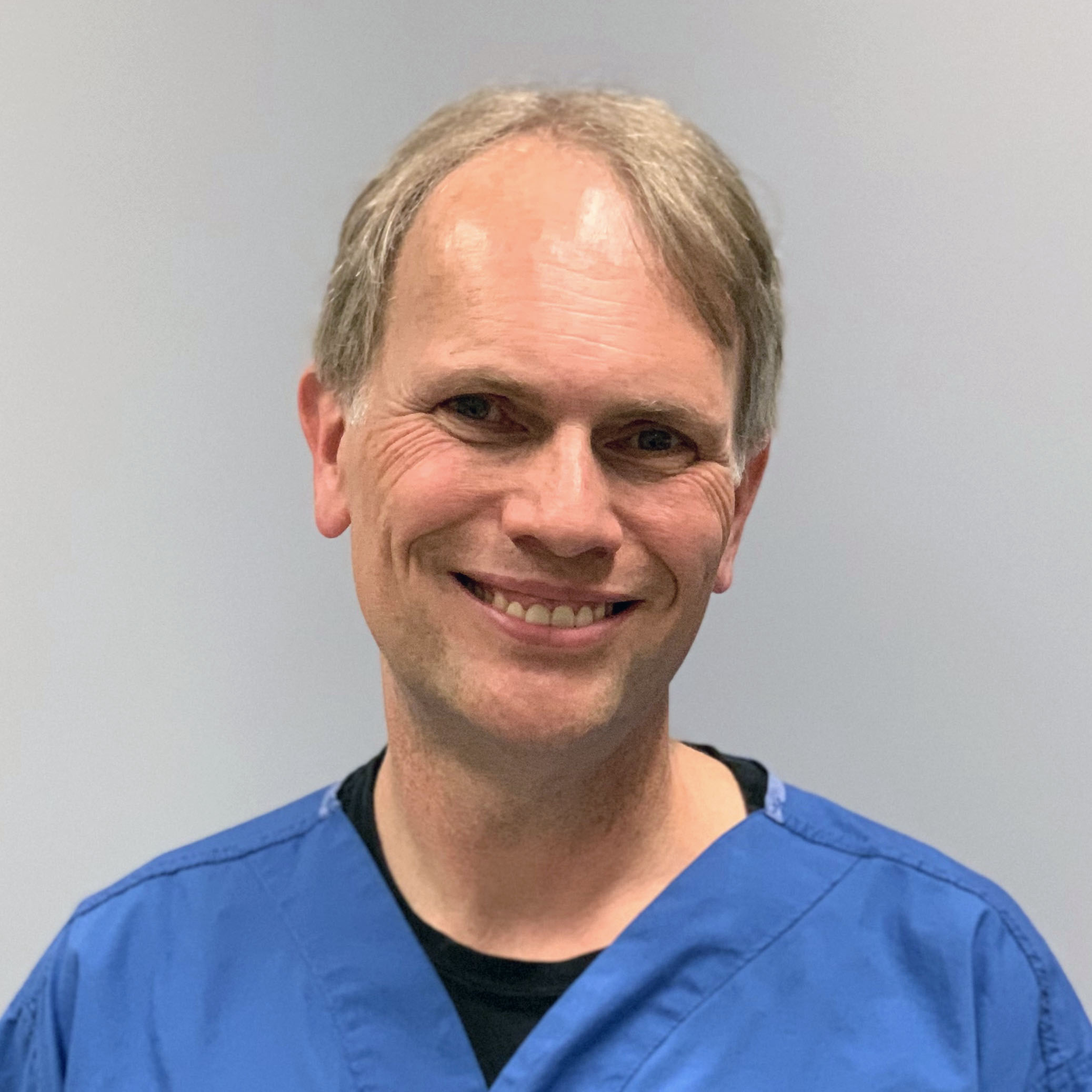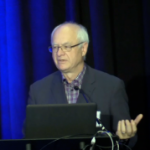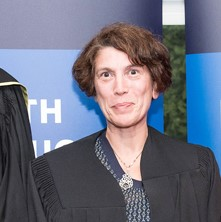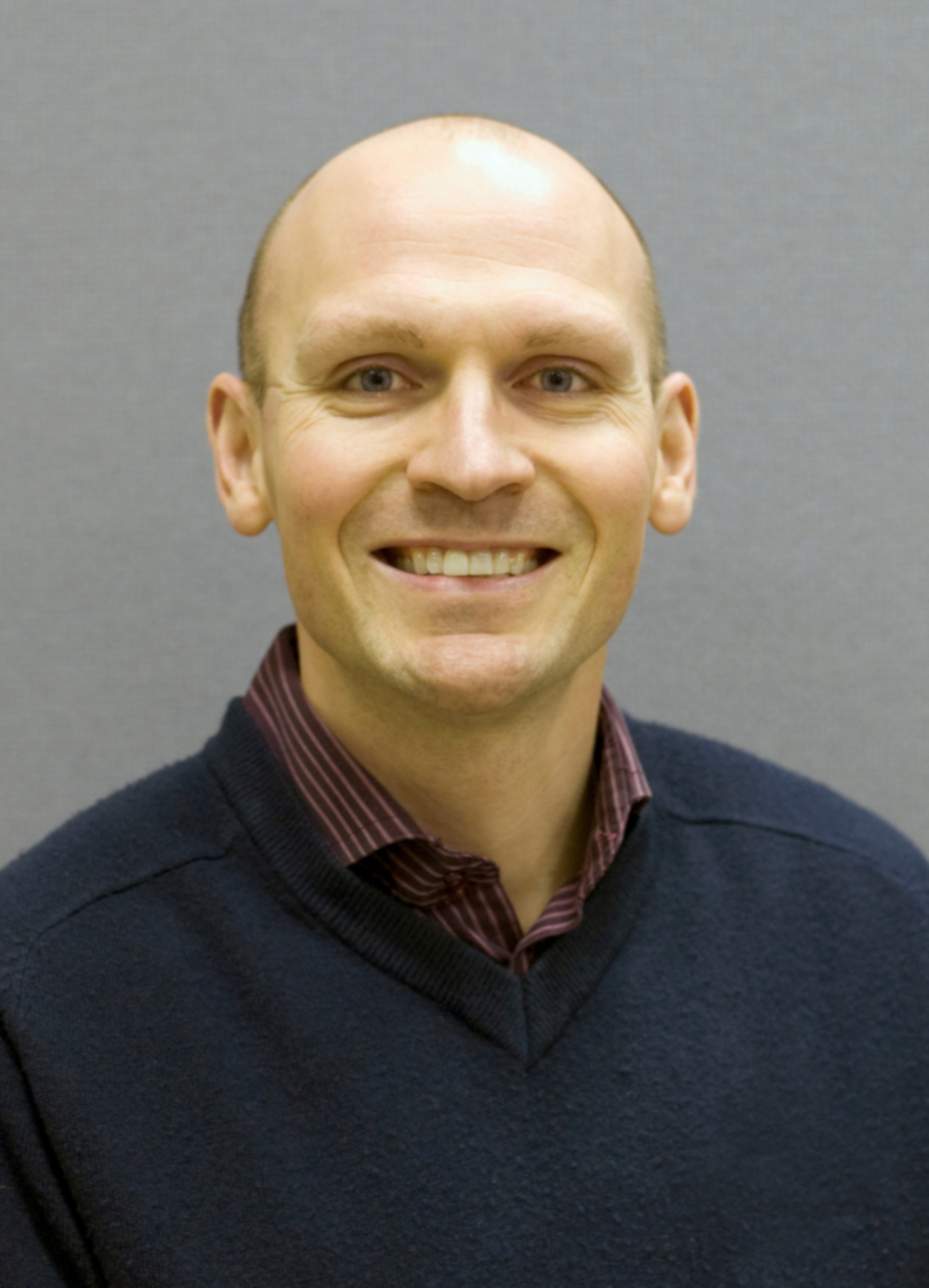Innovation in Infection Prevention and Control
I am very committed to exploring new technologies for infection prevention, particularly those that employ human factors engineering principles. For example, I was the lead investigator for a project assessing the role of a novel nasal photodisinfection therapy for the prevention of surgical site infections. Our project has won both the National Association of Medical Microbiology and Infectious Diseases Innovation Academy award in 2012 as well as the International Conference on Prevention and Control of Infections (Geneva) 2013 Innovation Academy award. We have also assessed and integrated ultraviolet C disinfection into our major facility and presented on our findings at several national conferences. We are currently assessing the role of human factors engineering in the in-built design of healthcare facilities and its role in the procurement process. We have completed a Genome BC grant to assess self-disinfecting surfaces in a bone marrow transplant unit using both gene sequencing as well as traditional microbiology to assess changes in the microbiome of the environment, patient and healthcare worker. I completed a Vancouver and UBC Hospital Foundation grant to assess different formulations of copper surfaces for antimicrobial efficacy, durability and materials compatibility within a healthcare environment. I am now involved in a similar project with Vancouver Translink and Toronto Transit Authority.
I am a cofounder of the VCH Biomedical Canine Detection Team initially focusing on the detection of C.difficile in the environment. This has been successfully transferred as a regular part of environmental screening at VCH and in the Fraser Region. In collaboration with Health Canada, we successfully trained canines to detect COVID variants from a number of patient samples and environmental samples.
Surveillance:
VGH is one of the founding institutions of the Canadian Nosocomial Infection Surveillance Program. I am a past co-chair of this national surveillance program as well as a past Chair of the Working Group on carbapenem resistant gram negative bacilli. I was also the co-director of the Provincial Infection Control Network of BC whose task is to coordinate infection control surveillance, guideline development and education across the province.
Infection Control Workplace Assessment and Program Development:
I have developed algorithms for patient isolation and selection and use of personal protective equipment to prevent transmission of gastrointestinal and respiratory communicable infections. These have been adapted for use in South Africa, Costa Rica, Ecuador, and Trinidad/Tobago. Our team has also developed and refined workplace assessment tools and training of Infection Control Practitioners to conduct process improvement activities related to these audits; these are now being used internationally. We have obtained three grants related to this work, the most recent a three year CIHR grant to implement the audits and build capacity for occupational health and infection control programs in South Africa. We are committed to promoting health equity in under-resourced countries specifically promoting/advancing infection prevention and occupational health capacity in a respectful and collaborative manner.
Infection Control Education:
Four grants have been awarded in the past in recognition of the importance of developing a University accredited Certificate in Infection Control. This Certificate comprises four courses and we enrol students both nationally and internationally; the courses are fully subscribed. Three additional grants have been awarded to develop and evaluate an on-line infection control module for all healthcare workers. One of these was a three-year CIHR grant for assessment of an on-line infection control module that teaches basic principles to all healthcare workers. Subsequently, this module is required for all new employees and for all physicians at Vancouver Coastal Health and many facilities in BC use the module which is Creative Commons Licensed. The Pan American Health Organization has also translated this basic on-line infection control module into Spanish for distribution throughout South America. The Government of South Africa is using the module for training of all healthcare workers in Free State. Most recently Saudi Arabia will use the module for training purposes and the World Health Organization references it as a resource.
Emerging Infectious Diseases:
I was the Cofounder of the original VCH Biological Response Advisory Team whose templates have been adopted by Health Canada. In recognition of this work, our team was awarded a grant from Health Canada to develop smallpox contingency planning guidelines. Following on that work, I became a member of the BC Emerging Infectious Diseases Committee and Pandemic Influenza Advisory Committee. I was seconded to work in Toronto on the SARS Medical Advisory Committee for six weeks during the height of the outbreak. I was one of a multidisciplinary group to receive a Pan-American Health Organization grant to assist with development of a management plan for biological events in Trinidad during the Summit of the Americas and the PanAm Games in 2009. I was a member of the Public Health Agency of Canada Annex F Pandemic Planning Committee that developed guidelines prior to and during pandemic H1N1, a member of the Clinical H1N1 Advisory Group as well as a member of the VCH Pandemic Planning Committee. I was the infection prevention lead for Ebola planning in our acute care facilities at VCH and currently part of the VCH All Hazards team to proactively manage unusual communicable disease exposure events. More recently, I have been the Infection Control Medical Lead for COVID at Vancouver Acute.
Clinical Service
Current Projects In My Lab Include



